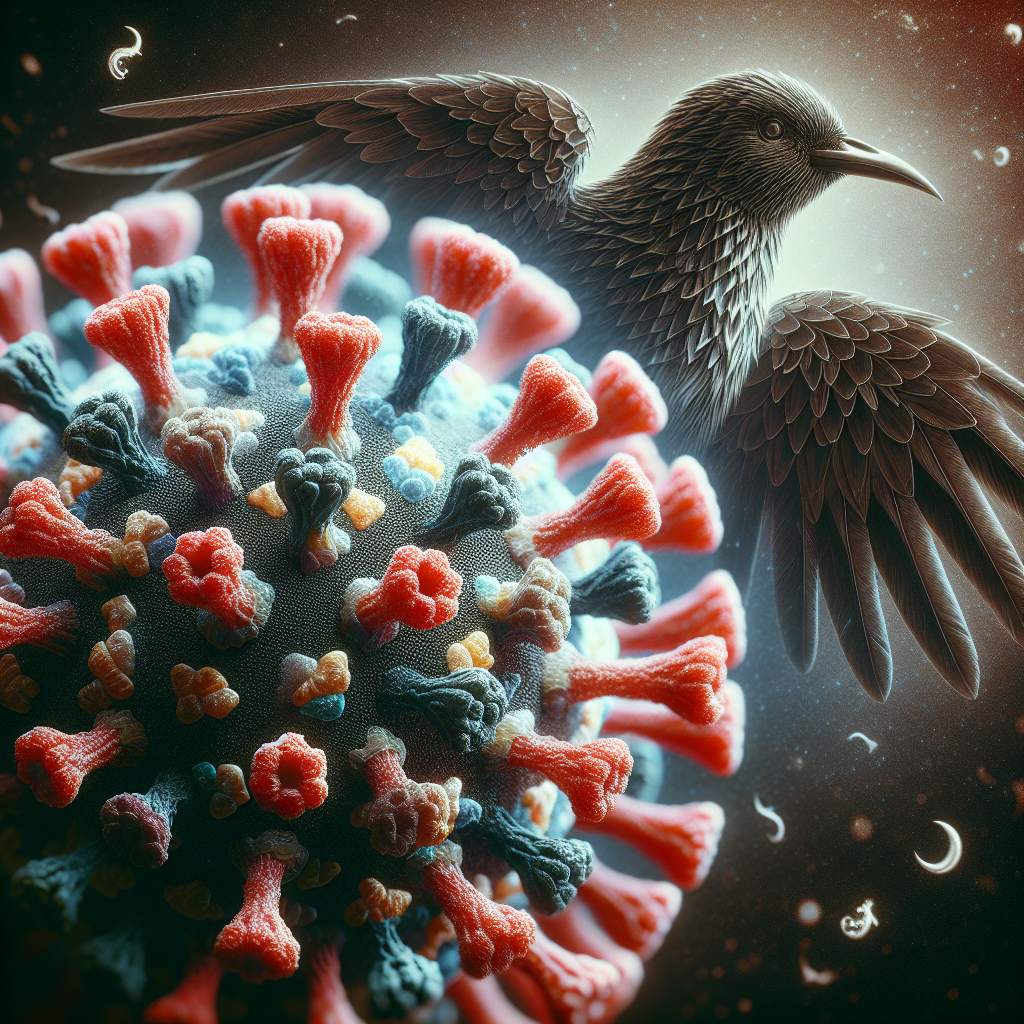Strengthening Surveillance Against H5N1: A Global Call
The World Health Organization is urging enhanced animal surveillance to curb the H5N1 bird flu spread. This includes monitoring wild birds and poultry to mitigate risk. Concerns are heightened as pigs, potential transmitters, have been infected. Human infection cases remain low and isolated among farm workers.

A call for enhanced monitoring has been issued by the World Health Organization to combat the spread of H5N1 bird flu. This animal surveillance, particularly in wild birds and poultry, is deemed crucial to prevent the transmission of the virus across species and to humans.
WHO epidemiologist Maria Van Kerkhove emphasized during an online press conference the necessity for improved global surveillance. The organization is collaborating with the World Organization for Animal Health and the Food and Agriculture Organization to boost these efforts.
Last month, the U.S. Department of Agriculture reported H5N1 in a pig in Oregon, highlighting concerns as pigs can host both bird and human viruses. This situation underscores a potential risk for a new, more contagious virus. However, the current global human risk is considered low.
(With inputs from agencies.)
ALSO READ
Anger and anguish spread across Cuba as it learns of Trump's tariff threat on those who provide oil
Arunachal Guv bats underlines need for whole-of-nation approach to secure Northeast
Nepal remembers those who sacrificed their lives for democracy, freedom
Low risk of Nipah virus spread beyond India, says WHO
Nepal remembers martyrs who sacrificed life for democracy and freedom










